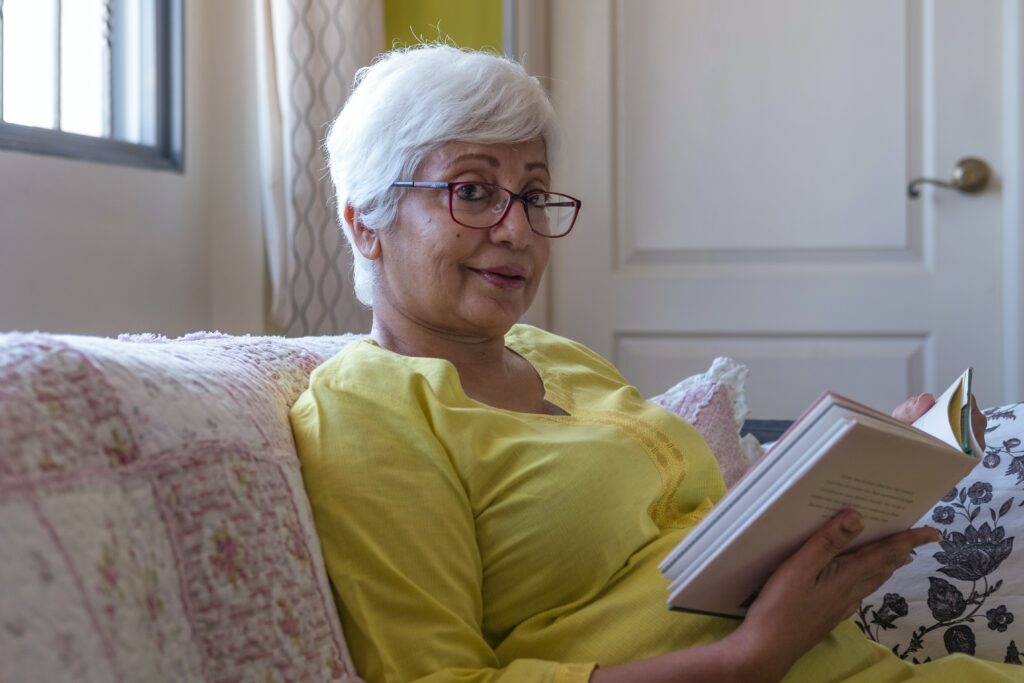Should I Ask Mom and Pop about Their Finances?

There are now more than 70 million Baby Boomers in the U.S. However, millions of adult children may not be prepared to make important decisions about their parents’ future if necessary, because of a lack of knowledge about their parents’ finances.
When Should I Update My Will?

There are some obvious triggers that might prompt you to update your will, such as changes in health or marital status. There are, however, also some not-so-obvious ones to be aware of, according to financial planners and attorneys.
How to Protect an Estate from a Rotten Son-in-Law

Whatever the reason, whether your life is a bed of roses or a getting-worse-nightmare, there are things you can do now to insure what you leave will go to who you want. And when. And in what portion or portions.
What are Biggest Financial Blunders Folks make after 50?

Reaching age 50 is a milestone that most of us celebrate. Still, after you’ve blown out the candles and bid farewell to your guests, you may have a headache from too much champagne, but otherwise feel the same as before.
Some Assets Better Left Outside of Will

That last will and testament you have tucked away? It may not be the last word on what happens to your stuff after you are gone. Instead, that legal document’s directives for doling out your wealth may be overruled by other paperwork and relevant laws.
Estate Planning Solutions for Second Marriages

I’m looking for guidance on where to start with planning in case something happens to me or my husband.
It Is Important to Update Your Estate Plan

Will there be changes in your circumstances or your family that should lead to a review of your plan? Could some events cause you to need to revise or update the plan?
Why Is Beneficiary Designation Important?

When you set up your estate plan it is important to coordinate the legal planning documents that you or you and your attorney create with the document provided by your retirement account custodian and/or your life insurance carrier called a ‘Designation of Beneficiary.’
Does ‘Gray Divorce’ Fit into Estate Planning?

“Gray divorce” — the unfortunately named term for divorce after age 50 — is increasing among baby boomers.
How Do I Talk to My Parents About Estate Planning?

If you have a parent over the age of, say, 65, thoughts about their future may have started to creep into your mind. But because end-of-life planning can be emotional and overwhelming, it’s tempting to put these conversations off — and even more pleasing to avoid them altogether. If there’s a lesson to be learned from the pandemic, however, it’s that waiting until the last minute to prepare is seldom a good idea.


